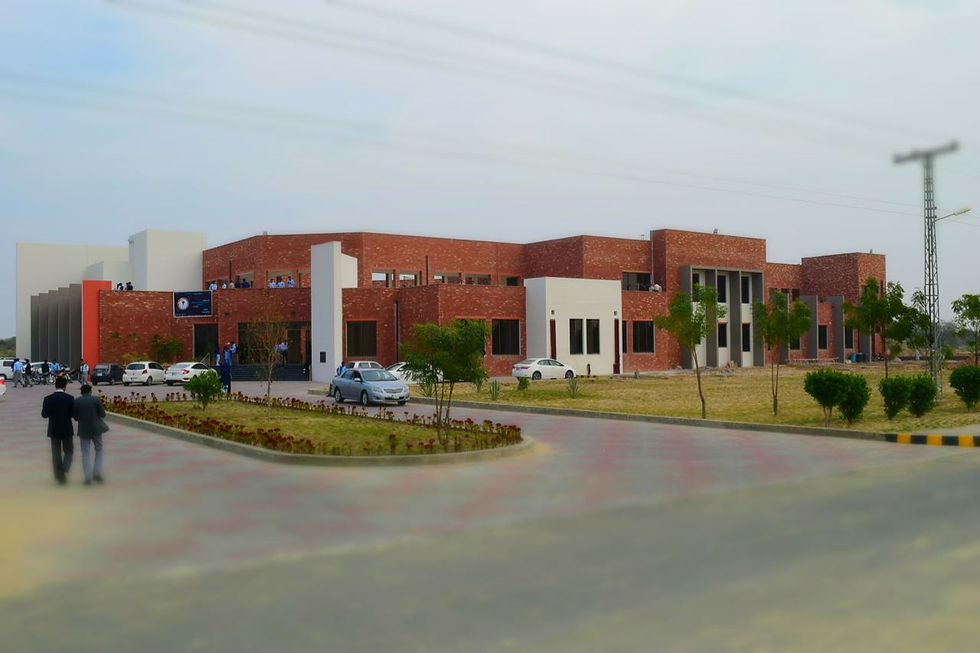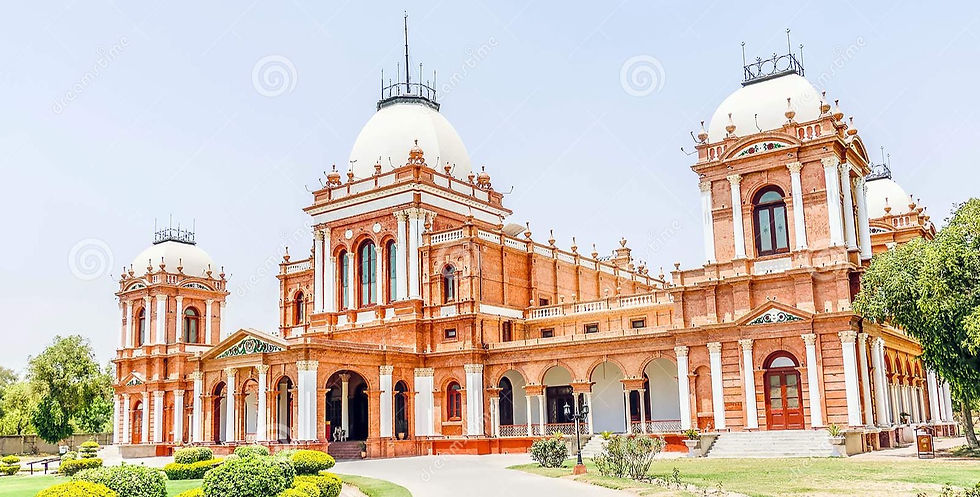Changing Business Dynamics in Scenario of CPEC: A Bifocal Approach on Innovation and Business Ethics
ISBN 978-969-23362-1-5

ABOUT
Learn. Share. Change the World.
This conference will bring together an impressive array of industry leaders and influencers to create a one-of-a-kind experience. Speakers will be covering a wide range of topics, which means there’s really something for everyone to discover.
Check out our full schedule, and register yourself today. We look forward to seeing you at this memorable event.

ICBER 2020
The ICBER 2020 provides a premier forum for interdisciplinary Business and Management research, and endorses the international diffusion of research based knowledge and development of cross-national research fraternity. Hence, it is a unique platform for academicians, scholars, researchers, professionals, policy makers, practitioners and students from all over the world, with cross-disciplinary interests, to meet, interact, brainstorm and share their new research ideas across various disciplines.
The current scenario of research is increasingly becoming interdisciplinary in nature. Researchers from different disciplines are effectively collaborating with each other to address the issues which require the research contributions from more than one discipline. In this regard, the fields of Business and Management are no exception. The interdisciplinary Business and Management research is emerging as a popular trend because the multi-faceted nature of the issues associated with these fields is attracting the need for the interdisciplinary stances. Indeed, the real world of Business and Management itself is multi-disciplinary in nature, and so, frequently requires knowledge and understanding of diverse fields, in order to cope with the real-world Business and Management challenges. Hence, the researchers acknowledge the fact that in order to sustain in the fields of Business and Management research, it is crucial to think across the boundaries of the traditional approach to the research in these fields. However, doing this involves drawing knowledge from several other fields and integrating that knowledge into the fields of Business and Management. This, in turn, builds a connection of Business and Management research to the other fields of research, which not only generates comprehensive perspectives about addressing and solving the research problems in these fields, but also demonstrates how the research in these fields and other disciplines addresses and solves their common research problems.
The conference encourages discussions on research-in-progress. This means that the researchers who cannot submit their full length research papers; can still present their latest research findings at the conference, if their abstracts are accepted. All abstracts and full paper submissions will be peer-reviewed, based on originality, research depth and relevance to conference theme. Moreover, all the accepted abstracts will be published in the conference proceedings with ISBN number while the selected papers will be published in the HEC recognized research journals of different categories.

DEPARTMENT OF MANAGEMENT SCIENCES
The Department of Management Sciences (DMS) was established in 1994 to fulfill the demands for quality business professionals by organizations. Since then, the Department has won accolades of success in the business world by producing scintillating results year after year.
The Department has a long standing commitment to produce highly employable graduates capable of assuming challenges of the highly dynamic and complex market of 21st century. The Department has one of the highest proportions of students in the area, successfully completing their studies and winning competitive jobs. Up till now, several hundred students have graduated who are enjoying respectful executive level managerial positions in the hierarchy of various national and multinational organizations.
The high success rate coupled with excellent employment prospects have become major attraction for the potential students. Our graduates are second to none in this country and are competing successfully for prestigious positions in the country and abroad. We not only impart knowledge and skills to the students in the relevant fields, but also concentrate on wholesome grooming of the students to make them good moral beings. Our students have boldly gone beyond customary learning from books and have started gaining practical exposure by organizing business plan competitions, literary circles, research projects, debates, and sports. Our students have shown their potential by participating in the cultural exchange programs at national and international levels. A close liaison and collaboration with business community of Bahawalpur has been established to realize our vision.
The Department is endeavoring to create a research culture. We also secured lifetime membership of Association of Management Development Institutions in South Asia (AMDISA).

THE ISLAMIA UNIVERSITY OF BAHAWALPUR
The Islamia University of Bahawalpur was established in the year 1975 by upgrading historical institute of the Jamia Abbasia. In the past for over three decades, the University has played a major role in furthering the nation’s social, cultural, business and economic development by providing highly skilled manpower.
The Islamia University of Bahawalpur continues to grow rapidly pursuing the vision of being an internationally recognized institution. This is being achieved through improvement in the academic and research policies and facilities; having strong presence in Southern Punjab, with an ever growing students community and diversified academic disciplines. The government is generously providing funds for development projects, scholarships and other incentives for students. These are positive endorsements to continued progress and ultimate goal of being recognized as one of the top academia in Pakistan.

BAHAWALPUR
Bahawalpur, the 12th largest city of Pakistan and an important city of southern Punjab, is famous for its tranquility, cultural heritage and educational institutions. It was once the capital of former princely state of Bahawalpur, founded by Nawab Bahawal Khan Abbasi II. This remained an autonomous state for over 200 years. During the rule of last Nawab Sir Sadiq Muhammad Khan Abbasi V, the state acceded to Pakistan on 7th October 1947 and merged into the province of Punjab, Pakistan, on 14th October 1954. Bahawalpur has always been a seat of higher learning.


